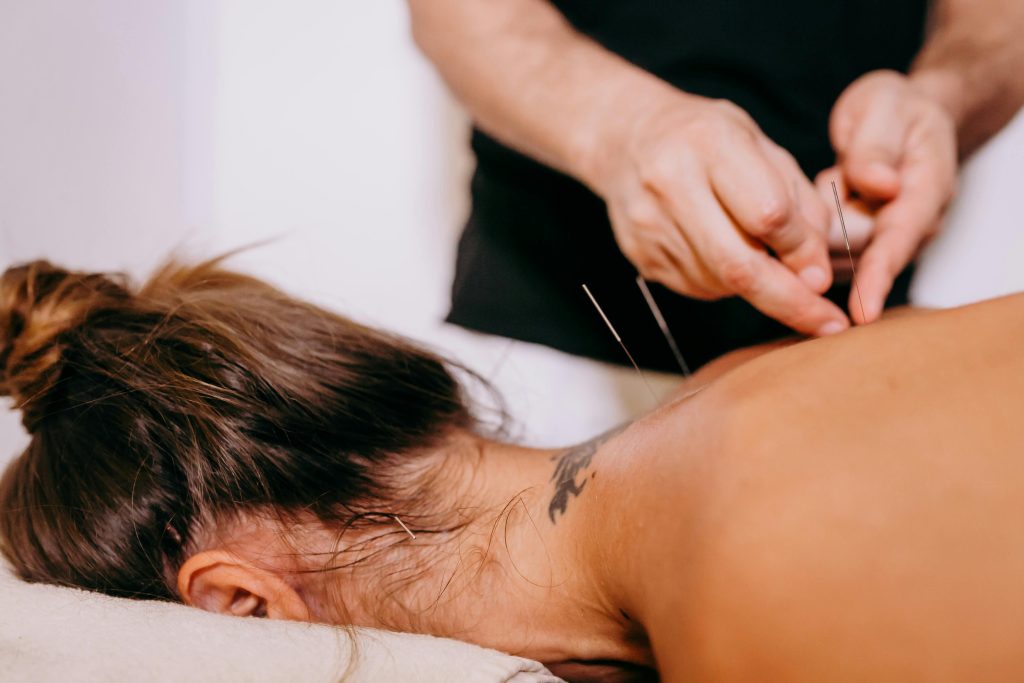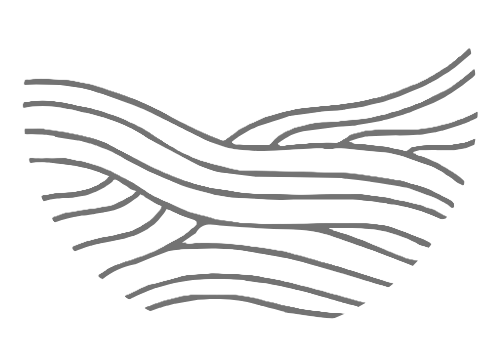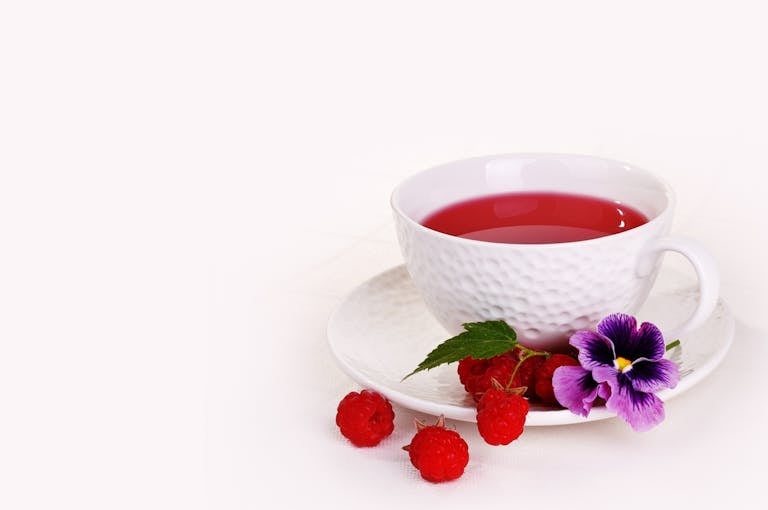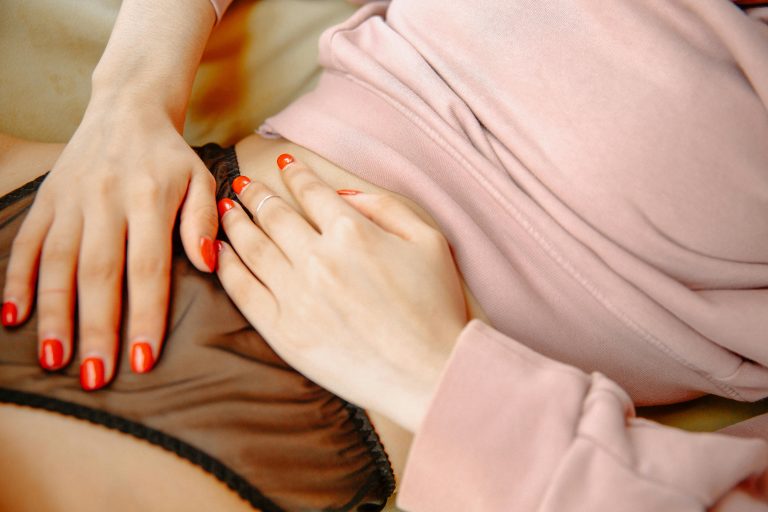Have you ever wondered if there’s more to managing period pain than just popping ibuprofen and hoping for the best? In my teenage years, I found myself curled up in the nurse’s office at least one day most months, wondering why my periods are so much worse than other girls’. If you’re tired of the same old solutions that only mask the problem, it might be time to look east – way east – to traditional Chinese medicine (TCM), a practice that’s been addressing menstrual health for thousands of years.
For many women who’ve spent years dismissing severe cramps as “just part of being a woman,” discovering alternative approaches can be eye-opening. Chinese medicine doesn’t just treat symptoms; it looks at menstrual pain as a message from the body about overall health. And unlike the “grin and bear it” advice many teens receive, TCM offers a nuanced understanding of different types of period pain and personalized ways to address them. Let’s explore.
The Chinese Medicine Perspective on Menstrual Health
Chinese medicine views the body quite differently than Western medicine does. Instead of focusing primarily on hormones and uterine contractions, TCM sees menstrual health as a reflection of the body’s overall energy balance.
At the center of this understanding is the concept of Qi (pronounced “chee”), which is essentially the body’s vital energy. According to TCM, Qi and blood should flow smoothly through channels called meridians. When this flow becomes disrupted – whether from stress, poor diet, lack of sleep, or other factors – menstrual problems can develop.
The menstrual cycle in Chinese medicine is seen as a delicate dance between Yin and Yang energies. Yin represents the cooling, nourishing aspects (think: building up the uterine lining), while Yang represents warming, active energy (think: the actual process of menstruation). When these forces are balanced, periods should come regularly with minimal discomfort.
What’s particularly interesting about the TCM approach is how it connects different organs to reproductive health. The liver, for instance, is considered responsible for the smooth flow of Qi throughout the body. When liver Qi becomes stagnant (often due to stress or frustration), menstrual pain frequently follows. Similarly, the kidneys govern reproduction and development, while the spleen helps create blood and energy – both essential for healthy menstruation.
Common Patterns of Menstrual Pain in Chinese Medicine
One particularly helpful aspect of Chinese medicine is how it categorizes different types of period pain. Instead of treating all cramps the same way, TCM practitioners identify specific patterns and treat them accordingly. Here are the main types:
Cold Stagnation Pain
- Feels like: Sharp, cramping pain that improves with heat
- Often accompanied by: Clots in menstrual blood, aversion to cold
- Tends to happen when: A person consumes too many cold foods/drinks, especially during their period, or gets chilled
Many women report craving ice cream during their period, only to find their cramps worsening afterward—possibly a sign of cold stagnation.
Qi Stagnation Pain
- Feels like: Distending pain that comes and goes, often worse with stress
- Often accompanied by: Irritability, breast tenderness, emotional volatility
- Tends to happen when: Someone is under significant stress or experiencing repressed emotions
This pattern is common among high school students—stress from exams often makes already painful periods even worse.
Blood Stasis Pain
- Feels like: Sharp, stabbing pain that stays in one place
- Often accompanied by: Dark, clotted blood; pain that worsens with pressure
- Tends to happen when: Circulation is poor or with endometriosis and fibroids
Deficiency Pain
- Feels like: Dull, achy discomfort that worsens with activity
- Often accompanied by: Fatigue, pale complexion, light periods
- Tends to happen when: The body lacks the resources to maintain healthy cycles, often after illness or prolonged stress
Understanding these patterns can help a woman recognize what might be happening in her own body and select appropriate self-care strategies.
Chinese Herbal Medicine for Menstrual Relief
Chinese herbal medicine offers a treasure trove of remedies for menstrual discomfort. Unlike Western medications that target symptoms directly, Chinese herbs aim to correct the underlying imbalances causing the pain.
Popular herbal formulas include:
- Xiao Yao San (Free and Easy Wanderer): Is said to help relieve liver Qi stagnation – perfect for stress-related period pain
- Si Wu Tang (Four Substance Decoction): Nourishes blood and is known to improve circulation – great for deficiency-type pain
- Shao Fu Zhu Yu Tang: Warms the uterus and helps move blood stasis – helpful for cold-type pain with clots
Some individual herbs that stand out for menstrual health include:
- Dong Quai (Angelica sinensis): Often called “female ginseng,” it nourishes blood and regulates the menstrual cycle
- White Peony (Bai Shao): Soothes liver Qi and reduces pain
- Cinnamon (Rou Gui): Warms the uterus and dispels cold
What’s important to understand about Chinese herbal medicine is that it’s typically prescribed as formulas rather than single herbs, and these formulas are customized based on your specific pattern of discomfort. This personalized approach is part of what makes TCM effective, but it also means consulting with a qualified herbalist is important before diving in.
Safety note: Always inform your healthcare providers about any herbs you’re taking, as some can interact with medications.
Acupuncture and Acupressure for Menstrual Pain
Acupuncture has gained significant recognition in Western medicine for pain relief, and menstrual pain is no exception. Research shows it can be quite effective, likely because it triggers the release of endorphins (your body’s natural painkillers) and improves blood flow to the reproductive organs.
From a TCM perspective, acupuncture works by removing blockages in the body’s energy pathways and restoring balance to the organ systems. For menstrual pain, practitioners often focus on points along the liver, spleen, and kidney meridians, as well as points that specifically affect the uterus.
While working with a licensed acupuncturist for comprehensive treatment can be highly beneficial, there are several acupressure points you can stimulate at home for relief:
- Spleen 6 (SP6): Located about four finger-widths above your inner ankle bone. Gentle pressure here can help with cramps but should be avoided during pregnancy.
- Liver 3 (LV3): Found in the webbing between your big toe and second toe. Pressing here helps move stagnant liver Qi, often relieving stress-related menstrual pain.
- Large Intestine 4 (LI4): In the webbing between your thumb and index finger. This powerful point helps with pain relief generally. (Also contraindicated during pregnancy.)
Many women report that during their first acupuncture session for period pain, they arrive skeptical but desperate. The relief they often describe afterward can be profound. It’s not just the reduction in pain that impresses many first-time patients; they also frequently report sleeping better and feeling less anxious during that cycle.

Dietary Recommendations Based on Chinese Medicine
Chinese medicine places enormous emphasis on food as medicine, and dietary adjustments can make a significant difference in menstrual comfort. The approach is based on the energetic properties of foods rather than just their nutritional content.
For instance, TCM classifies foods as warming, cooling, or neutral. During menstruation, especially for those with cold-type pain that improves with heating pads, it’s generally recommended to avoid very cold foods (both in temperature and nature). That means saying goodbye to ice cream and cold smoothies during your period – something you may find difficult until you notice the difference it makes!
Foods that can help with menstrual health include:
- Warming foods for cold-type pain: ginger, cinnamon, fennel, lamb, cherries, and small amounts of warming spices
- Moving foods for stagnation-type pain: turmeric, vinegar, slightly spicy foods, leafy greens
- Blood-building foods for deficiency: dark leafy greens, black beans, beets, blackstrap molasses, grass-fed beef
Foods that may worsen menstrual discomfort:
- Cold foods (especially during your period): ice cream, frozen yogurt, iced drinks, raw salads
- Dampness-producing foods (can create stagnation): fried foods, excessive dairy, refined sugars
- Liver-congesting foods: alcohol, greasy foods, excessive coffee
A simple TCM-inspired recipe many practitioners recommend is ginger and brown sugar tea. Simply slice fresh ginger, simmer it in water for 10-15 minutes, then add a small amount of brown sugar. This warming drink helps improve circulation and relieves pain – potentially better than reaching for ice water!
Lifestyle Practices from Chinese Medicine Tradition
Beyond herbs and acupuncture, Chinese medicine offers wisdom about lifestyle adjustments that can significantly impact menstrual health:
Movement: Gentle, consistent exercise helps keep Qi and blood flowing smoothly. However, TCM cautions against extremely vigorous exercise during menstruation, which can deplete energy when the body needs it for the menstrual process. Many high school athletes report pushing through grueling practices or PE classes while cramping, only to feel worse afterward.
Exercises ecommended for menstrual health include:
- Gentle yoga (avoiding inversions during menstruation)
- Tai chi and qigong
- Walking in nature
- Swimming (not during menstruation and not in cold water)
Emotional Well-being: In TCM, emotional health and physical health are inseparable. The liver, which plays a crucial role in menstruation, is particularly affected by stress, frustration, and anger. Practices that soothe the liver include:
- Meditation
- Deep breathing exercises
- Journaling
- Creative expression
Rest and Timing: Chinese medicine emphasizes working with natural cycles rather than against them. During menstruation, the body is already hard at work, so additional rest is beneficial. This might mean scaling back intense activities for a few days or getting extra sleep.
TCM also suggests aligning with seasonal rhythms for optimal health. For instance, winter calls for more rest and restoration, while summer supports more activity – working with these natural cycles rather than maintaining the same pace year-round can improve overall health, including menstrual health.
Integrating Chinese Medicine with Modern Healthcare
The beauty of our modern age is that we don’t have to choose between traditional wisdom and contemporary science – we can benefit from both. Here’s how to create an integrative approach to menstrual health:
Finding qualified practitioners: Look for licensed acupuncturists, who have extensive training in Chinese medicine. Many specialize in women’s health and have experience with menstrual disorders specifically.
Communicating with your doctor: When discussing complementary approaches with your physician, bring research if possible. Many doctors are becoming more open to acupuncture in particular as research continues to support its efficacy for pain management.
Research-backed approaches: Studies have shown that acupuncture can be effective for primary dysmenorrhea (menstrual pain without an underlying condition), and some Chinese herbal formulas have demonstrated benefits in clinical trials.
Creating your personalized plan: You might combine Western diagnostics to rule out serious conditions with TCM approaches for symptom management and addressing underlying imbalances.
Many women report that for years, they relied solely on over-the-counter pain medications for severe cramps, accepting that side effects were just part of the deal. When they integrate acupuncture and dietary changes based on TCM principles, some find they need much less medication – and sometimes none at all.
Conclusion
Chinese medicine offers a remarkably nuanced approach to menstrual pain – one that honors the body’s wisdom and seeks to restore harmony rather than simply mask symptoms. While it may seem foreign at first, many of its principles align with what we’re now discovering through research: the connection between stress and menstrual health, the importance of proper circulation, and the impact of diet on inflammation.
Whether you’re dealing with occasional discomfort or debilitating monthly pain, Chinese medicine offers gentle, natural approaches worth exploring. Start small – perhaps with dietary adjustments or acupressure points – and see how your body responds. For more comprehensive support, consider consulting with a licensed acupuncturist who specializes in women’s health.
Remember that your period pain isn’t something you just have to endure. It’s a conversation your body is trying to have with you – and Chinese medicine might just help you understand what it’s saying.
Want to help your daughter have an easier time with her period? I remember the struggles, and I know how helpless it can feel having to suffer through painful periods. That’s why I’m passionate about helping moms and their daughters finding effective, wholesome and natural ways to navigate these symptoms with confidence and care. She doesn’t have to suffer. In my coaching program, I will work with you to create a personalized support plan combining gentle nutrition tips, simple lifestyle adjustments, and natural comfort measures that work.
Let’s make this journey smoother – for both of you. Schedule a discovery session with a coach to explore how we can help your daughter feel more comfortable and confident during her period. My approach focuses on education and practical solutions that fit seamlessly into your family’s lifestyle.







